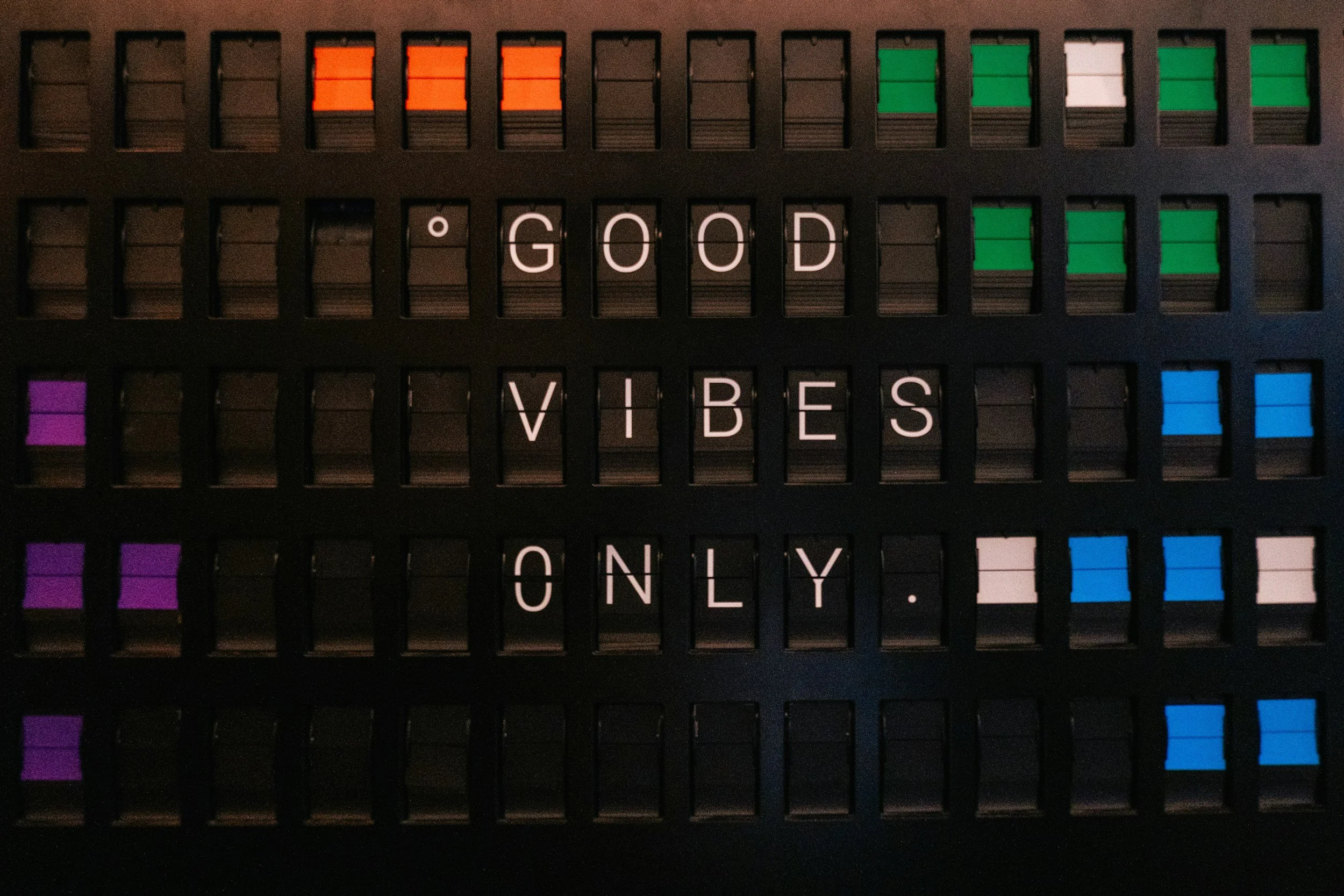Should You Reconcile with Estranged Family? How to Actually Decide
When you’re estranged from a parent—or working through a difficult period with one—people often offer advice meant to help. This piece explores five common phrases that come from care but don’t support clarity, safety, or healing—and what actually does.
Why Trying to Eliminate Negative Emotions is Impossible and Dangerous
Negative emotions like anxiety, anger, and sadness are often seen as obstacles—but trying to eliminate them is impossible and harmful. These feelings are essential survival signals, guide personal growth, and help us make better decisions. Learn why emotional flexibility, not avoidance, is the key to mental and emotional well-being.
When Resentment Becomes the Quiet Signal You Almost Missed
Resentment in relationships starts quietly but builds over time. Learn the signs, why it gets worse when ignored, and how to address it.
How to Handle Family Estrangement During the Holidays
The holidays can be joyful—but for adult children, estranged parents, and families divided by culture, politics, or sibling tension, they can also bring stress, guilt, and emotional strain. This guide explores why the season is difficult, and offers strategies for navigating estrangement, setting boundaries, and finding meaningful connection on your own terms.
How to Use Regret Without Letting It Turn Into Anxiety or Guilt
Regret can reveal your values—or fuel anxiety and guilt. Learn when it's helpful, when it’s harmful, and how therapy can help you move forward.
Why It’s Hard to “Feel Your Feelings” (And Why You Should Do It Anyway)
Feeling your feelings can be challenging. Explore how emotional awareness supports women navigating anxiety, guilt, and complicated mother-daughter relationships.
You Don’t Always Have to Be the Bigger Person
“Be the bigger person,” they say. But when that means silencing yourself, carrying the emotional load, or avoiding needed boundaries—it’s not growth, it’s self-abandonment. This post explores why always taking the high road can cost more than you think, especially in family dynamics shaped by guilt, anxiety, and unspoken rules.
When Your Adult Daughter Won’t Talk to You: 5 Patterns That Can Widen the Distance
The silence between mothers and adult daughters can feel unbearable. If your daughter has pulled away, you’re not alone—and the pain you feel is real. In my work, I often hear how parents long for connection but unintentionally make the distance worse. Here are five common patterns that can keep repair out of reach—and how a shift toward curiosity, rather than certainty, can begin to open the door to healing.
How to End Therapy Respectfully: Expert Advice from a Houston Therapist for Adult Daughters
Ending therapy can be challenging, especially when it involves deep relationships like adult mother–daughter dynamics. Whether you’re in Houston, TX, or connecting remotely, this guide helps you understand how to end therapy respectfully, communicate clearly with your therapist, and navigate the process with confidence and care.
The Power of Language in Healing Mother-Daughter Relationships
Mother-daughter struggles often come from patterns of emotional disconnection passed down through families. This misattunement can cause pain but also offers a way to understand the relationship without blame. Therapy can help adult daughters set healthy boundaries, heal from intergenerational trauma, and build self-worth.
Is Therapy Political? A Multicultural Therapist’s Perspective
As a Houston therapist working remotely in Texas and California, I help clients navigate complex relationship challenges—especially high-conflict mother–daughter dynamics in multicultural families. Therapy isn’t just about individual symptoms; it’s deeply connected to cultural, social, and political contexts. Ignoring these realities risks harm, while embracing them fosters healing that truly honors your lived experience. This post explores what it means for therapy to be political in a compassionate, practical way.












